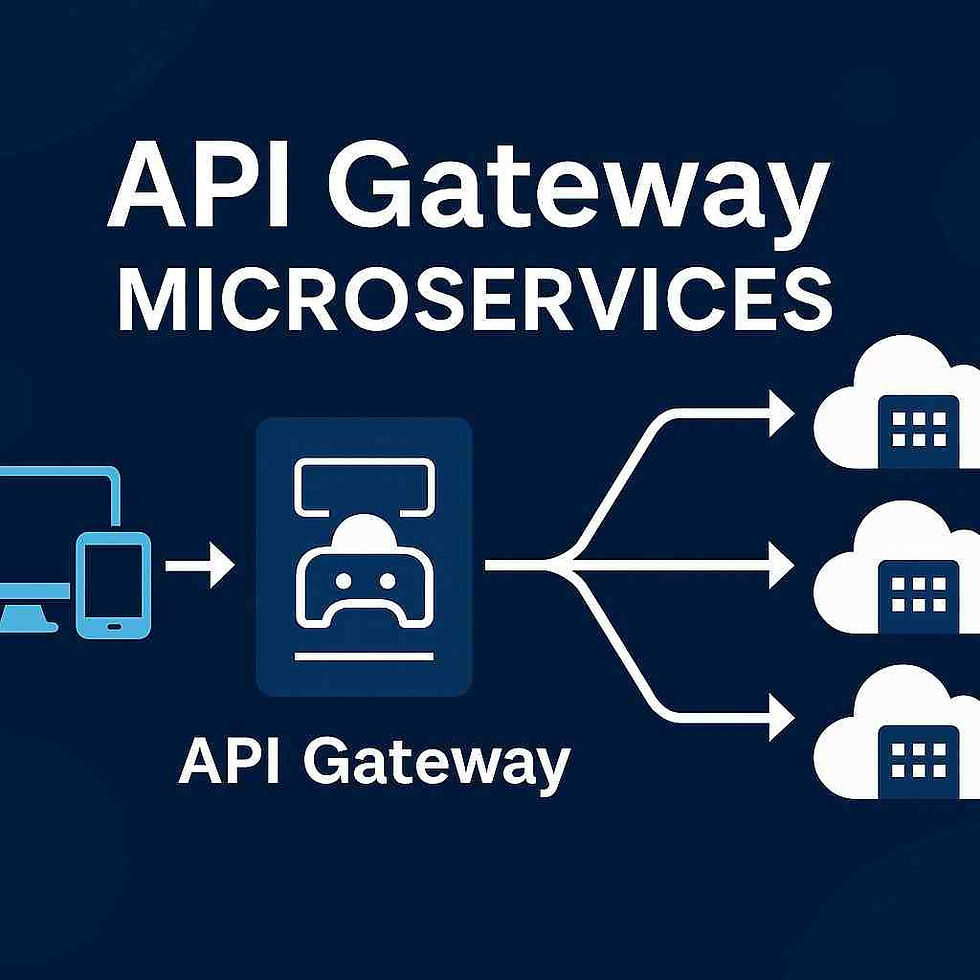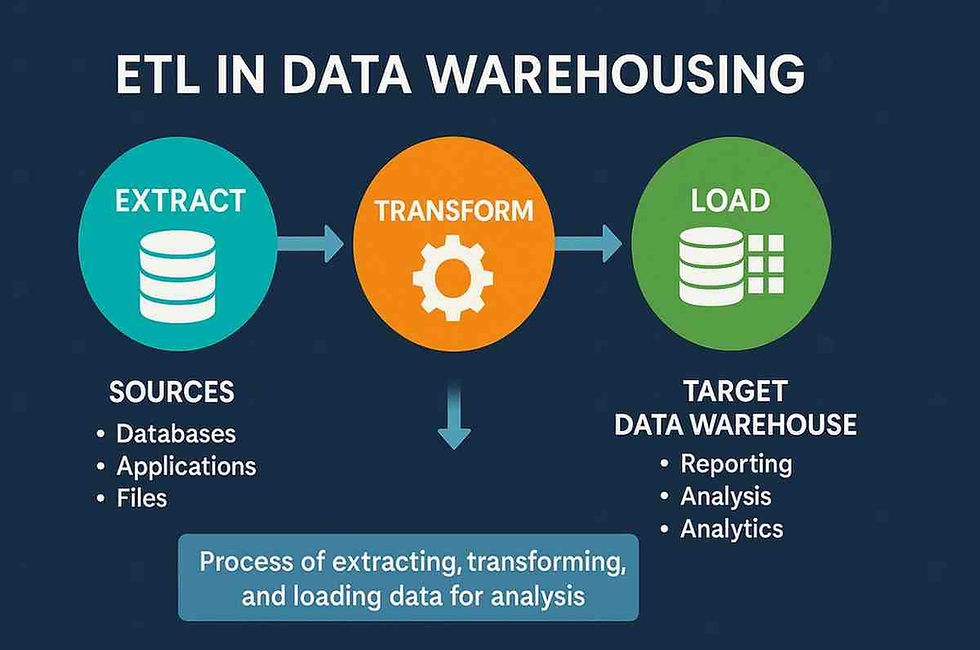How API Testing Frameworks Work: A Complete Guide
- Gunashree RS
- Nov 23, 2024
- 4 min read
How Do API Testing Frameworks Work?
API testing frameworks are essential in ensuring software systems communicate effectively. As businesses increasingly rely on APIs to integrate applications, robust testing frameworks have become vital to validate functionality, security, and performance. However, many organizations perceive these frameworks as complex and intimidating. Modern advancements like Devzery’s AI-powered solutions are changing that narrative by offering scalable, automation-first options tailored for enterprises.
What Is an API Testing Framework?
An API testing framework is a structured tool or platform designed to validate APIs by automating critical quality assurance tasks. It enables developers and QA teams to test API endpoints, verify data consistency, and evaluate performance under various conditions. Unlike traditional testing methods, frameworks are purpose-built for rapid, efficient testing in the dynamic world of software development.

Benefits of API Testing Frameworks
Ensuring Functionality: Validates that APIs behave as expected.
Enhancing Security: Identifies vulnerabilities to prevent breaches.
Improving Performance: Measures how APIs handle high loads or complex requests.
Streamlining Workflows: Automates repetitive tasks, saving time and reducing errors.
At their core, these frameworks consist of three key components:
Request Validation: Ensures correct API calls are made.
Data Assertions: Confirms the accuracy of returned data.
Result Analysis: Provides actionable reports on test outcomes.
How API Testing Frameworks Work
Modern API testing frameworks operate through a straightforward yet powerful process, automating tasks that were once performed manually.
Step-by-Step Process
Defining Test Cases: QA teams identify endpoints to test, such as login functionality or database queries.
Sending Automated Requests: The framework generates requests to API endpoints, replicating real-world scenarios.
Verifying Responses: Responses are analyzed for accuracy, performance, and security.
Continuous Monitoring: Real-time tracking of API behavior ensures ongoing reliability.
Integrating with CI/CD Pipelines: Automates testing in development workflows for continuous quality assurance.
Manual vs. Automated Workflows
Manual API testing involves crafting requests, analyzing responses, and maintaining test logs—tasks prone to errors and delays. Automated frameworks like Devzery eliminate these inefficiencies, enabling real-time testing and reporting with minimal human intervention.
The Evolution of API Testing Frameworks
API testing frameworks have evolved significantly over the years, transitioning from rigid, developer-focused systems to versatile, user-friendly platforms.
Early Frameworks
Initially, frameworks required extensive coding knowledge. Only developers could use tools like REST-assured, which demanded programming skills to create and manage tests.
Modern Frameworks
Today, advancements like codeless designs and AI-powered features simplify testing, making it accessible to non-developers. Platforms like Devzery offer drag-and-drop interfaces and automation, reducing onboarding time and eliminating barriers for QA teams.
Key Features of an Effective API Testing Framework
Enterprises need API testing frameworks that align with their scalability and integration requirements.
Here are the essential features to evaluate:
Scalability: Handles increasing test volumes as businesses grow.
Codeless Design: Simplifies adoption for non-technical teams.
CI/CD Integration: Ensures seamless testing during development.
AI-Powered Capabilities: Enhances accuracy with features like:
Smart Error Detection: Identifies anomalies quickly.
Predictive Regression Testing: Forecasts potential failures.
Cost-Efficiency: Provides tangible ROI for mid-to-large enterprises.
Popular API Testing Frameworks in 2024
Several frameworks dominate the market, each offering unique features tailored to specific needs.
1. Postman
Strengths: Popular for manual API testing, with an intuitive interface.
Weaknesses: Limited automation capabilities and CI/CD integration.
2. SoapUI
Strengths: Comprehensive functional testing features.
Weaknesses: Requires technical expertise and time-intensive setup.
3. REST-assured
Strengths: Flexible for developers needing advanced control.
Weaknesses: Not suitable for non-developers due to its coding requirements.
4. Devzery
Strengths: Combines AI, codeless workflows, and seamless CI/CD integration for unmatched efficiency and scalability.
Framework | Ease of Use | Scalability | AI Integration |
Postman | High | Moderate | Low |
SoapUI | Moderate | Moderate | Low |
REST-assured | Low | High | Low |
Devzery | High | High | High |
FAQs
1. What makes a good API testing framework?
A good framework should be scalable, user-friendly, and seamlessly integrated into CI/CD pipelines. AI-powered tools like Devzery excel in these areas.
2. Do codeless frameworks limit functionality?
No. Modern codeless frameworks like Devzery offer robust features while eliminating the complexity of traditional coding-based tools.
3. How do I choose the right API testing framework for my enterprise?
Evaluate frameworks based on ease of adoption, scalability, automation, and ROI. Devzery is ideal for enterprises seeking simplicity and efficiency.
4. Can API testing frameworks support continuous testing?
Yes. Frameworks like Devzery are designed to integrate directly into CI/CD pipelines, enabling continuous testing for real-time quality assurance.
Conclusion
API testing frameworks have transformed the way enterprises ensure software quality. They automate critical processes, minimize errors, and accelerate development timelines. While traditional frameworks often pose barriers for non-technical teams, modern advancements like Devzery’s codeless, AI-powered tools make API testing accessible, efficient, and scalable.
As enterprises face increasing demands for reliable integrations and faster delivery cycles, adopting a robust framework like Devzery is no longer optional—it’s essential for maintaining a competitive edge.




Comments